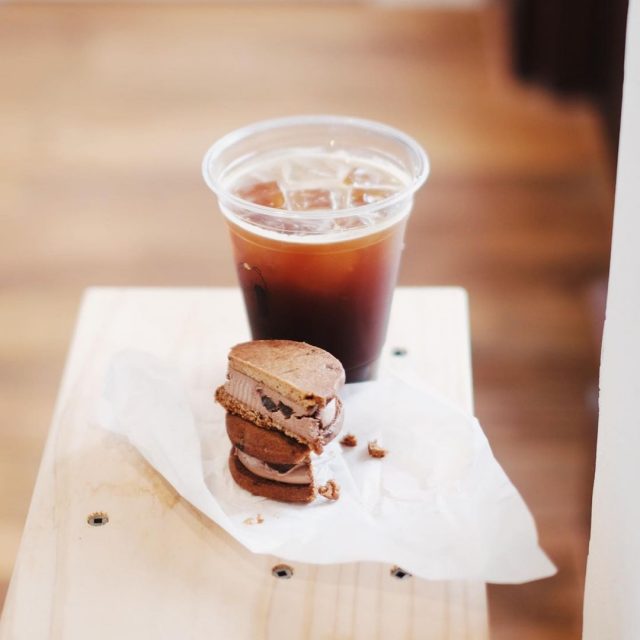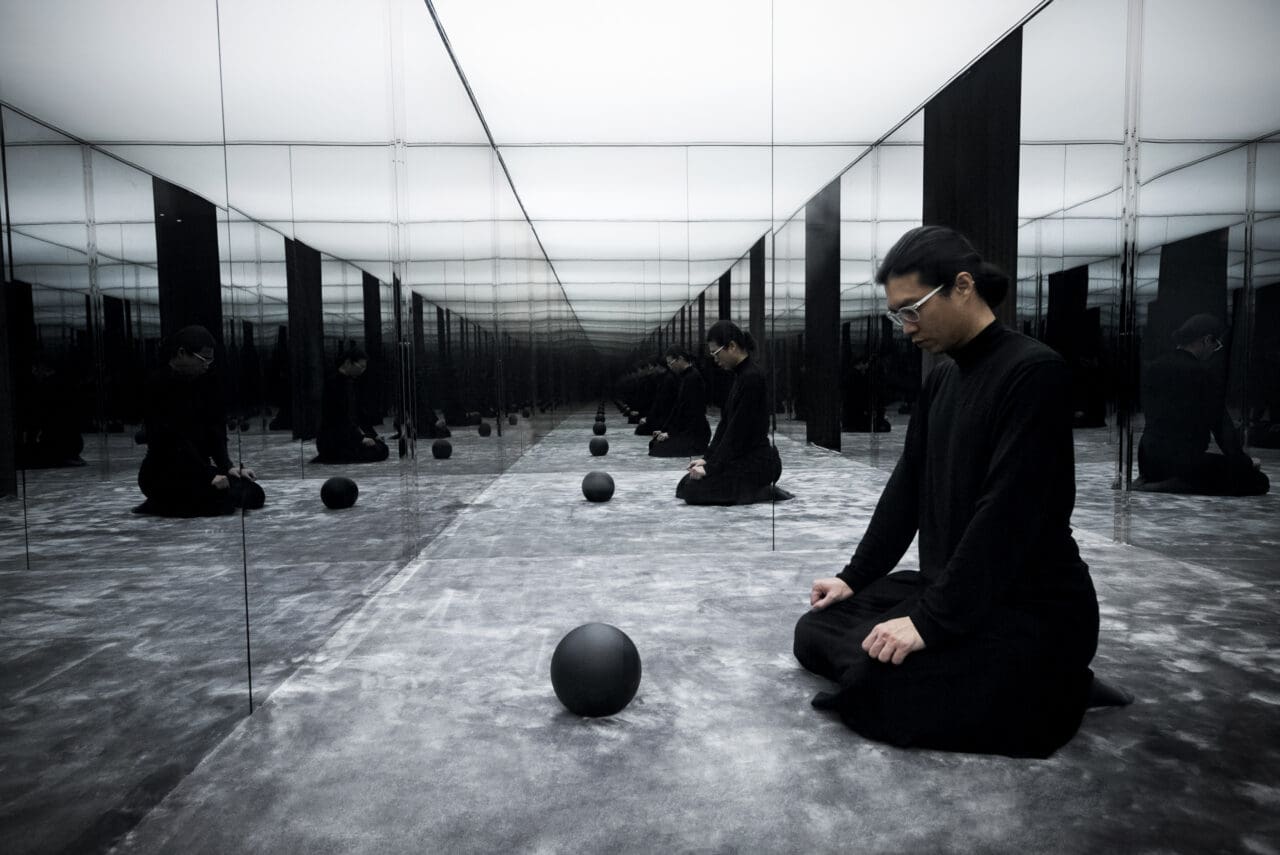Cannabidiol or CBD is a non-psychoactive compound derived from hemp or cannabis that has been increasingly embraced by the wellness industry for its health benefits. These include easing anxiety and depression, boosting the immune system and reducing inflammation. This month, Altum International, a cannabinoid platform that designs and distributes CBD products to the cosmetics, food and drinks industry, has opened its first dedicated store on Tai On Terrace in Sheung Wan. It’s called Found and is a boutique café and retail concept store, where guests can enjoy a selection of CBD-infused coffees and teas, chocolates, cookies and pastries. Vogue spoke to the brand’s marketing director Fiachra Mullen about what to expect from Asia’s first dedicated CBD consumer outlet.
Can you explain how CBD is made from the cannabis plant but does not contain the compound that makes it psychoactive?
Our CBD products are actually derived from the hemp plant, rather than cannabis. Hemp and cannabis are both from the same family (Cannabis L. Sativa) but hemp contains less than 0.3% THC, and cannabis usually contains a lot more than that. Our CBD is first extracted from the hemp plant as a beautiful golden oil. At this stage in the process, it is also accompanied by some low levels of THC. We then process the oil through a form of distillation (similar to making alcohol) numerous times until everything except the CBD has been removed. Instead of a nice golden oil, it is then a pure, white crystal powder. We then use this pure CBD to produce our oils, edibles and balms. This way, we can be confident our products don’t contain any THC.
What do you hope people will take away from the cafe in Hong Kong?
Found is all about discovery. It’s a place to learn, explore and experience CBD, so it’s critical that people feel welcome and comfortable in our space. It’s our mission to help Hongkongers lose their preconceptions and discover a new path to everyday wellness. This means we need to eliminate the stigma that still exists around CBD and help people find the ways they can benefit from adding CBD to their (and even their pet’s) wellness routine. We’re so passionate about it because we’ve seen first-hand how life-changing it can be. A lot of people still lump CBD and cannabis into the same category. While CBD is extracted from the Cannabis Sativa plant, on its own it isn’t intoxicating and it can play a very different (and safer) role in the lives of many.
How difficult was it to get CBD approved for sale in Hong Kong?
Pure cannabidiol (CBD) is legal as a food in Hong Kong, provided the company importing and distributing the products is correctly licensed to do so. Despite the fact that we founded Altum in 2018, the reason we only launched here in 2020 is because we spent over 12 months preparing to do so correctly and in a compliant way. Our biggest challenges were finding the right manufacturing partners, developing products which would be legal in Hong Kong (with no trace of THC or CBN), and establishing the ability to export from other countries and import into Hong Kong with full compliance. It was a real journey but we’re glad we did it carefully and correctly.
How does Hong Kong compare with the rest of Asia in the legalisation of CBD?
Hong Kong is one of the most progressive countries in Asia-Pacific when it comes to cannabinoids and their sale. As long as products here contain no THC or CBN (a minor cannabinoid – Cannabinol), they can be sold over the counter as a food item. Many other countries in the region are much stricter; China, for example, only allows the sale of topical CBD products today (i.e. those applied to the skin) but not ingestibles. Other countries, such as Singapore, still have traditional prohibition views of the plant extract. And some countries which you might expect to be more progressive are actually quite conservative – CBD is still prescription-only in New Zealand and Australia, for example. On the whole, however, we do feel that the region is moving in the right direction from a regulation and legalisation point of view. Many exciting developments will occur in this space in the next three to five years in Asia-Pacific, and we’re excited to be at the forefront of it.
Why do you think the Asian market has taken so long to catch on to CBD in comparison to America and Europe?
It is largely due to the recent history of prohibition in Asia, and also due to CBD’s close association with THC (though they are two separate product types in the modern day market). We believe that countries such as China, Japan, South Korea and others in the region will not allow THC for adult use anytime soon, and this belief may have stifled any possible early interest in this special compound. What many people forget, however, is that the history of hemp cultivation began in China and Taiwan thousands of years ago – and today we are starting to see it return home, in a way.
Editor
Emma Russell







